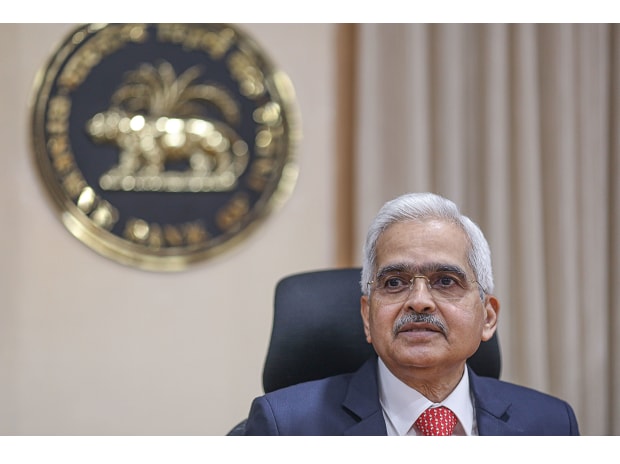[ad_1]
Indian banks lend money to business houses not based on their market capitalisation (m-cap) but on parameters that depict the fundamentals of the business, said Reserve Bank of India (RBI) Governor Shaktikanta Das on Wednesday.
He did not name the Adani Group, which witnessed a rout in its share prices following a US-based research firm’s report, resulting in many questioning the safety of Indian banks’ exposure to this group.
“We have made our own assessment. The large exposure framework of RBI is fully complied with by all the banks. The strength, size, and resilience of the Indian banking system is much larger and stronger to be affected by an individual case like this,” said the RBI Governor at the post monetary policy press conference.
The governor clarified that the doubts in the mind of people are stemming from the rout in the Adani Group shares last week, resulting in a steep decline of their market capitalisation.
“When banks lend money to a company or a group of companies, they do not lend based on the market capitalisation of that company. They lend on the basis of the strength of the company, its fundamentals and their analysis of the projects, the anticipated cash flows, and many other appraisal methods. The appraisal processes of banks have significantly improved over the years. So, I would reiterate that the banking system is stable and continues to be strong,” Das said.
Supplementing the Governor’s comments, M K Jain, Deputy Governor, RBI, said, “Our domestic banks’ exposures are against the underlying assets, the operating cash flows, and the projects under implementation. And, not based on the m-cap. The exposure as of now is not very significant across all banks and NBFCs (non-banking financial companies). The exposure against the shares of the domestic banks is insignificant.”
The governor further added that the central bank — in the past few years — has taken numerous steps to improve the resilience and governance of banks.
He added, “In the last three-four years, the RBI has taken a number of steps to strengthen the resilience of banks. We have come out with regular guidelines to regulate the governance in Indian banks. We have issued guidelines on the functioning of audit and risk management committees. We have now made it mandatory for banks to appoint chief risk officers and chief compliance officers. And, through our regulations, we have given the desired level of autonomy to these officers with regard to their functioning in the bank. In the last two years, we have also rationalised the large exposure framework norms.”
“The Indian banking and NBFC sectors continue to be resilient and strong,” he added.
Last week, the RBI came out with a statement saying the banking sector remained resilient in terms of its assessment and bank exposures to companies were well within norms.
According to reports, the banking sector had an exposure of around Rs 80,000 crore to Adani Group companies. And, the country’s largest lender — State Bank of India (SBI) — is leading the pack with Rs 27,000 crore.
“According to the RBI’s current assessment, various parameters relating to capital adequacy, asset quality, liquidity, provision coverage and profitability are healthy. Banks are also in compliance with the Large Exposure Framework (LEF) guidelines issued by the RBI,” the apex bank’s statement said.
Meanwhile, honchos of large banks have come out with statements saying they are comfortable with their exposures to the group. They do not see any concerns relating to repayments so far. The loans are backed by tangible assets and cash flow, and the bank has not extended any loans against shares, SBI chairman Dinesh Khara had said during a media interaction while announcing the October-December earnings.
“We do not envisage any kind of challenge in terms of their ability to service their loan obligations. As for market price of stocks, it would neither impact margin calls, nor affect loans they have taken from SBI,” Khara had said. He added that the group had an “excellent track record” for repayment in the past.
[ad_2]
Source link



